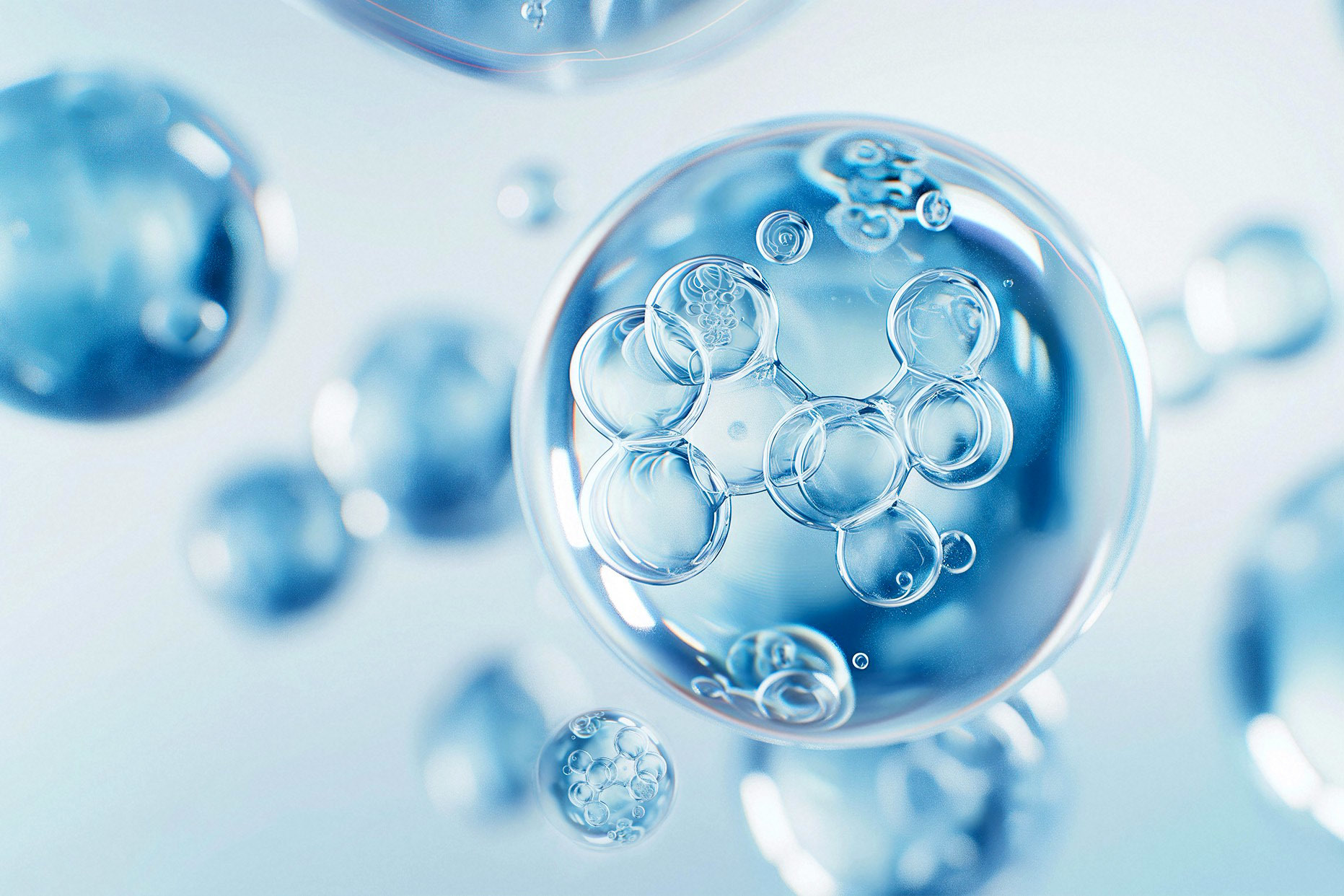Navigating the Nuances of Lithium Hydroxide: What You Need to Know
Nov 02,2025
Understanding Lithium Hydroxide
When it comes to the world of chemistry, few compounds have sparked as much interest as Lithium Hydroxide. This remarkable substance, often abbreviated as LiOH, plays a vital role in various applications, from battery production to pharmaceutical formulations. But before you dive headfirst into the world of Lithium Hydroxide, it's crucial to grasp some important considerations.
Why Lithium Hydroxide Matters
Have you ever wondered why Lithium Hydroxide has become a buzzword in the tech community? Well, for starters, it's a significant component in the production of lithium-ion batteries, which power everything from your smartphone to electric vehicles. However, its benefits don't stop there; it's also used in air purification systems and as a reagent in chemical synthesis.
The Dual Nature of Lithium Hydroxide
Like many things in life, Lithium Hydroxide has a dual nature. On one hand, it's a powerhouse of potential; on the other, it can be quite hazardous if not handled properly. So, what should you keep in mind? Let's break it down!
Safety First!
First things first, safety is paramount when dealing with Lithium Hydroxide. This compound is caustic, meaning it can cause severe skin and eye irritation. If you're working with it, don't forget your personal protective equipment (PPE)—gloves, goggles, and lab coats are your best friends here!
Storage Solutions
Alright, let's talk storage. Lithium Hydroxide should be stored in a cool, dry place, away from incompatible materials such as strong acids and oxidizers. You wouldn't want a chemical reaction to ruin your day, right? Make sure containers are tightly sealed to prevent moisture absorption, as this compound is hygroscopic.
Environmental Considerations
Hey, let's not forget our dear Mother Earth! Lithium Hydroxide can be harmful to aquatic life, so it's essential to follow local regulations for disposal. Always consult your local waste management guidelines and ensure that any waste containing Lithium Hydroxide is disposed of properly.
In the Lab: Best Practices
In a lab setting, it's vital to have a thorough understanding of Lithium Hydroxide and its properties. Make sure you're familiar with the Material Safety Data Sheet (MSDS) for LiOH. This document provides essential information about handling, hazards, and emergency measures in case things go awry.
Applications Galore!
Now, let's switch gears and talk about applications. As mentioned earlier, Lithium Hydroxide is a game-changer in battery technology. With the global shift towards renewable energy, the demand for lithium compounds, especially Lithium Hydroxide, is skyrocketing. It's like hitting two birds with one stone—advancing technology while being eco-friendly!
In Pharmaceuticals
Moreover, did you know Lithium Hydroxide is also used in pharmaceuticals? It's often used in psychiatric medication, particularly for treating bipolar disorder. Its ability to stabilize mood can be a lifeline for many individuals, showcasing the compound's versatility.
Conclusion: Proceed with Caution
In conclusion, while Lithium Hydroxide holds immense potential across various sectors, it's essential to approach it with caution and respect. From safety protocols to environmental considerations, understanding the nuances of this compound is crucial for anyone looking to harness its power.
So, whether you're a budding chemist or just curious about the chemistry behind your gadgets, remember to keep these considerations in mind. After all, knowledge is power, and it's your best tool for navigating the complexities of Lithium Hydroxide!







